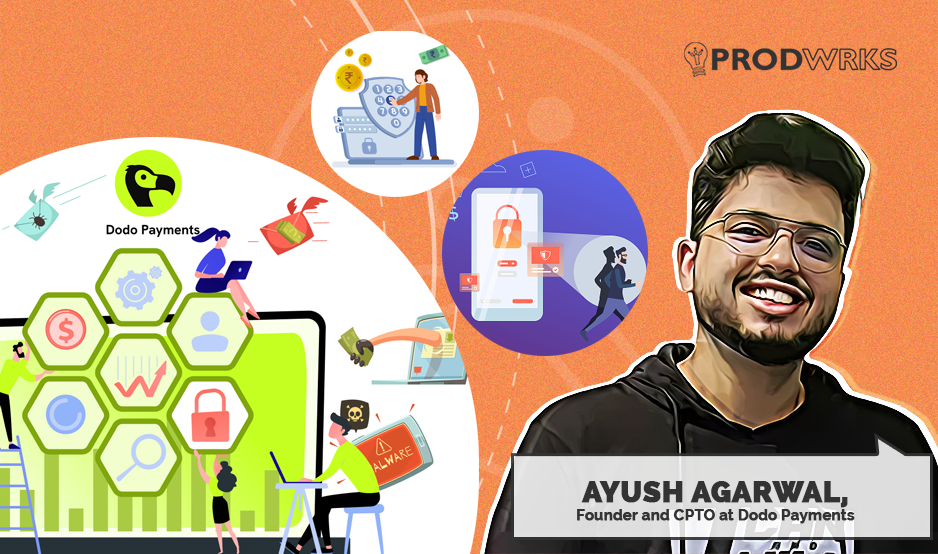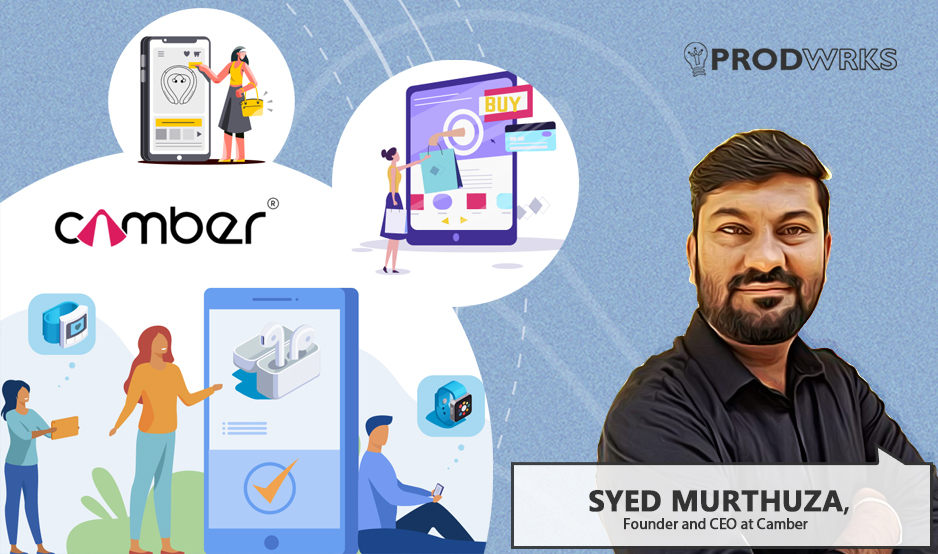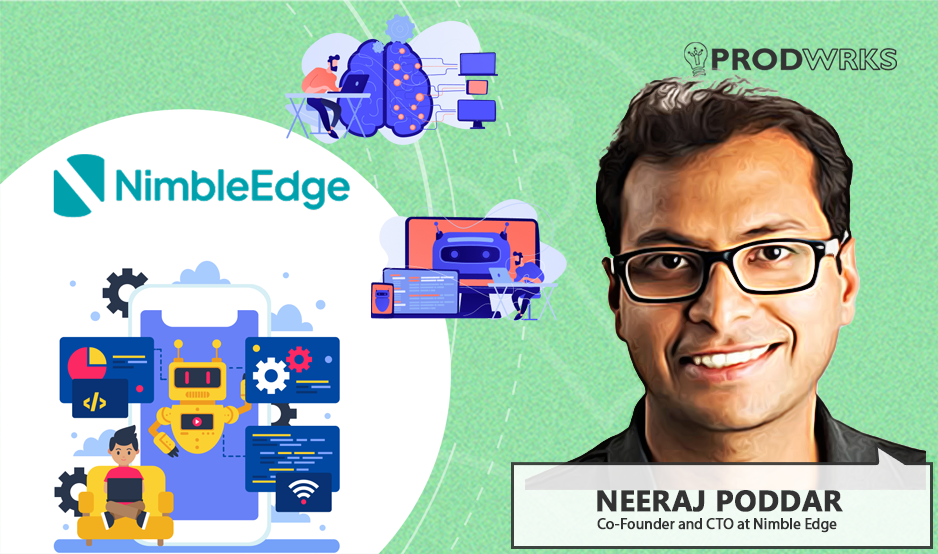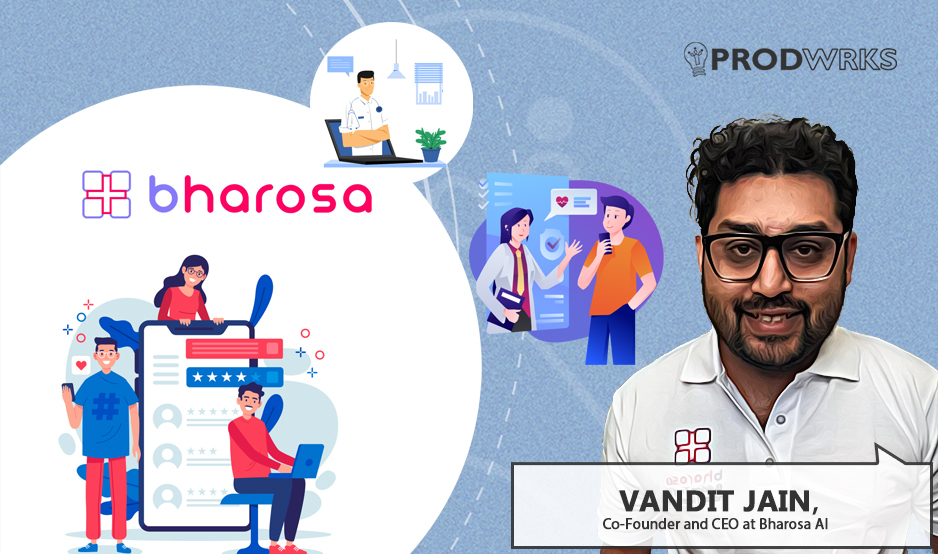
Monetisation remains one of the toughest barriers for founders looking to scale beyond their local markets. While digital tools and AI have made it easier than ever to build a product and start a business, accepting payments globally is complex. Businesses must navigate regulations, handle compliance, and stitch together fragmented payment gateways across countries before they can reliably generate revenue.
For Ayush Agarwal, an IIT Roorkee graduate who was then a founder of the gaming platform Tournafest, this challenge became a major bottleneck that forced him to restrict monetization for users outside India.
He explains, “We organized gaming tournaments on our platform, which had over a million users. Around 40% of them were outside India, in Bangladesh, Europe, the Middle East, and all over the world. As gaming was a restricted category in many regions, we had to navigate legal compliance for every country we operated in. With no bandwidth and a small team, we had to stop monetizing non-Indian users and focus entirely on India.”
This experience inspired Ayush to solve the problem at its core, leading to the creation of Dodo Payments. Founded in 2023 by Ayush and Rishabh Goel, Bangalore-based Dodo Payments acts as a Merchant of Record (MoR) platform that simplifies the entire payment process for digital-first businesses, taking on the legal and financial responsibility for transactions.
This includes managing tax calculations and remittances, customer support, fraud protection, and international payment processing in 150+ countries, allowing digital-first businesses to sell globally without establishing local entities. The platform currently has 10,000+ sign ups and has raised $1.1 million in seed funding.
Simplifying the Hardest Part: Going Global
Global monetisation remains an unsolved challenge that forces companies to limit themselves within local markets to avoid the hurdles of cross-border transactions. To understand this problem space Ayush’s team at Dodo Payments spoke to over 100 founders and uncovered their pain points with existing payment systems.
While the current systems that they were using worked flawlessly within domestic geographies, international payments suffered high failure rates. The reasons were multifold. Most of them did not support local payment methods, native currencies, or regional banking rules in other countries as they did within international borders.
Ayush explains, “For example, in Germany, you have Ideal, in Southeast Asia, you have ZeroPay, and in the US, Apple Pay and Google Pay work well. Every market has its own and everyone wants to pay in their native currency. So it’s very hard for you to build that entire infrastructure. You’d have to set up multiple companies and entities in different countries, get access to those payment gateways, and then integrate them into your stack. It’s a whole legal, compliance, and tech nightmare for any business to do that.”
This is where Dodo Payments steps in. The company offers a software-as-a-service for teams that don’t want to manage these challenges on their own.
It acts as the Merchant of Record (MoR), which means it takes on the burden of tax compliance, invoicing, chargebacks, and regulatory liabilities. This allows companies to focus on building products while selling in over 150 countries without needing a local entity or juggling multiple providers.
Ayush says, “Take Netflix as an example. They have a 200 to 300-person team just to manage global payments, tax, and compliance. If they used Dodo Payments, they could get rid of that entire department because we handle all of it for them.”
Expanding Horizontally to Cover Every Payment Need
Dodo Payments’ ideal customers are early-stage companies, indie hackers, and small developer teams of two or three people who are building a product and want to monetize it for a global audience. Their thesis? As AI takes over much of the manual work, many companies will be run by smaller teams focused entirely on building products.
The platform provides its users with an SDK that plugs into the users’ existing system to handle payments in any currency, generate invoices automatically, and offer full payment support without extra coding. Dodo Payments generates revenue by taking a percentage cut on every transaction processed through the platform.
Ayush says, “They can use our SDK as a simple layer on top of whatever framework they have built, and instantly get support for all payments. In the end, our goal is to solve everything related to payments, billing, and monetization so that a person or company can focus on building their product instead of dealing with these complexities.”
“We support license key integration so you don’t have to generate or manage them for your customers. We also have a strong analytics suite where you can track retention, see payments by country, monitor growth rates, and more. We’re solving one problem at a time and building the entire ecosystem around it.”
This approach also clarified its ideal customer profile: businesses that naturally adopt multiple products fit well, while others tend to self-select out.
Building horizontally came with its own complexity. Payments, invoicing, and customer tools had to run side-by-side without disrupting each other. Dodo Payments solved this by breaking the platform into small, independent services, ensuring that updates in one area wouldn’t affect the rest. This made the system easier to scale and maintain as new features were added.
“Our entire architecture is built on microservices. That way, if we make changes to something like the post service or another feature, it doesn’t affect the rest of the stack. This separation is crucial for maintaining scalability and keeping the entire codebase easy to manage.”
Organic Momentum Through Product-Led Referrals & Community Marketing
“People are struggling with global payments, collections, and sales tax compliance. When we launched the product, about 20% of the early customers we spoke to signed up after a gap of six to eight months. When we reconnected, they were still facing the same challenges, which pushed them to join our platform.”
Dodo Payments relied on organic channels using Twitter, LinkedIn, and Reddit as the key spaces for discovery and discussion. The emphasis has been on building a product and support experience that users feel compelled to share, creating a network-driven growth loop.
Referrals became a meaningful growth lever, with close to a fourth of new sign-ups today coming through word of mouth, with Dodo Payments boasting a Net Promoter Score (NPS) in the 60–63 range.
“The main criteria were to build out a fantastic support product that someone can use and feel fascinated about, and then share it with their friends and family. Most of the traction we’ve had is very organic, very word of mouth, very network-driven, and we would love to keep it that way for the next few milestones.”
Rapid Iteration Driven by Deep Customer Understanding
“The main thing we focus on is the problem statement, the customer, and the real pain point before building anything. I always tell people, whether in payments, SaaS, or any other space, you need to deeply understand what the customer wants and if the market is big enough to scale. You have to figure this out first, and it’s always an iterative process.”
“In our case, we like to keep the iteration cycle very short. If we’re building a feature, we aim to ship it in two to three weeks, get feedback, improve it, and repeat the process again and again until we reach the point where the product is polished and ready for the larger audience we want to serve.”
The Hidden Pitfalls of Running a Payment Platform
In payments, compliance is a constant battle. Ayush explains that the moment a new payment gateway enters the market, it attracts bad actors who have already been rejected by established players. Money launderers and fraudulent merchants see fresh platforms as an easy target, testing every possible loophole to slip through undetected.
Many young companies are blindsided by this, and the consequences can be fatal. If illegal activity is discovered on a platform, card networks like Visa or Mastercard, or even the regulators, can move quickly to cut ties.
“At that point, nobody wants to work with you, and you’re left with no option but to shut down,” he notes.
“That is a constant journey of making sure the business stands out while staying safe for the government, card networks, and processors we work with. Our goal is to keep partners confident that we are not breaking any laws and not giving payment access to bad actors banned by the platforms.”
Making Switching Hard by Expanding Value
At Dodo Payments, retention comes from adding depth to the product rather than relying on engagement tricks. The team started with payments as the core problem and later added tools like invoicing and a customer portal to let businesses track all past transactions in one place.
The logic is simple: the more critical workflows a company runs through Dodo, the harder it becomes to leave. Each new feature is designed to increase reliance on the platform, creating a kind of built-in stickiness. As Ayush explains, the goal is to expand the product suite in ways that make switching away strategically unattractive and inconvenient.
“We are creating multiple products within our ecosystem so that people use them together, and over time, it becomes inconvenient to switch to another platform. That’s the kind of experience we are building.”
Feature Adoption as the True Measure of Customer Success
“So that is crucial because if a person is using more features in your ecosystem, they are unlikely to move away. If they use only one or two, they can switch at any time for better pricing or support. That is why we focus on creating more value so users stay, build, and grow with us.”
Dodo Payments builds each product to solve a specific use case, like licenses for companies selling licensed software. If a customer finds value, they use it. If not, it is a sign they are not the right fit. Ayush explains that this helps clarify their ideal customer profile: those who naturally adopt multiple products are the right audience, while others self-select out.
Ayush believes AI will fundamentally reshape SaaS and services over the next few years. Together, these markets represent about $2 trillion in revenue, and he expects much of it to shift to AI-native companies.



